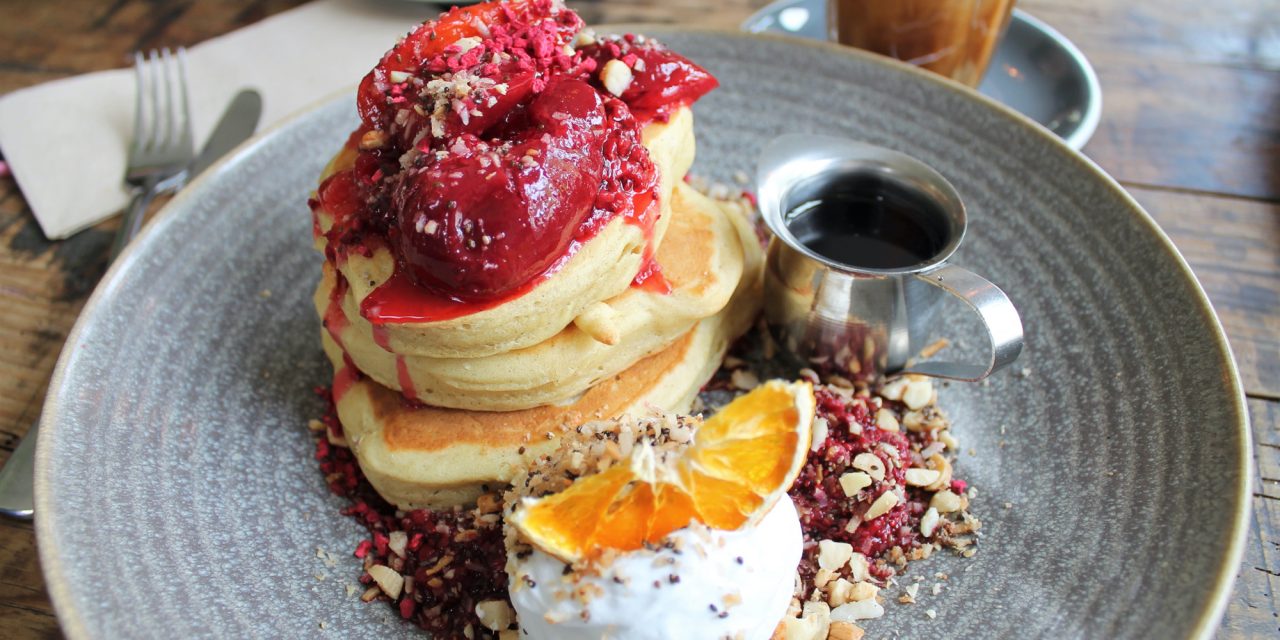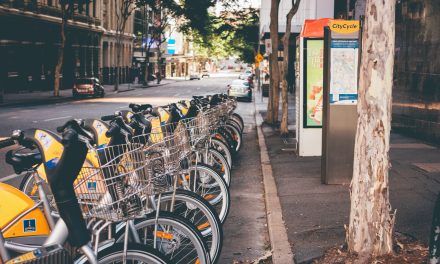Many of us had the saying ‘breakfast is the best meal of the day’ drummed into us when we were children. We’ve also heard the well-worn phrase breakfast like a king, lunch like a prince and dine like a pauper far too many times too. But sometimes there’s more truth in these old clichés than we realise.
According to researchers writing in the Journal of Clinical Endocrinology & Metabolism, people who eat a big breakfast may burn twice as many calories as those who eat light in the morning but have a big meal at night. In fact if more of us made breakfast our biggest meal of the day, it could help lower rates of obesity, they suggest.
The study was a particularly small one, with just 16 male participants. For three days they were studied under laboratory conditions. First they had a low-calorie breakfast and high-calorie dinner, then they did the opposite – each time they ate exactly the same number of calories overall. The researchers were interested to find out how having bigger meals at different times of day affected diet-induced thermogenesis (DIT), which is the process by which we use up energy when we digest and absorb food and store nutrients. According to the scientists, DIT is a measure of how well your metabolism is working.
The results showed that the volunteers’ DIT was twice as high when they had a big breakfast compared to when they had a big meal in the evening. The scientists also discovered that eating a low-calorie breakfast made the volunteers hungrier during the day, especially for sweet foods.
One of the study’s authors, Dr Juliane Richter of Lübeck University, confirms it: “Our results show that a meal eaten for breakfast, regardless of the amount of calories it contains, creates twice as high diet-induced thermogenesis as the same meal consumed for dinner. This finding is significant for all people as it underlines the value of eating enough at breakfast.
“We recommend that patients with obesity as well as healthy people eat a large breakfast rather than a large dinner to reduce body weight and prevent metabolic diseases.”
This doesn’t exactly correspond with the most recent recommendation from Public Health England, which advises having 400 calories for breakfast, 600 calories for lunch and 600 for dinner (leaving room for some healthier snacks and drinks).
But it’s great news for anyone who likes to fill up first thing in the morning (but only if they go easy on the calories at dinner time).





